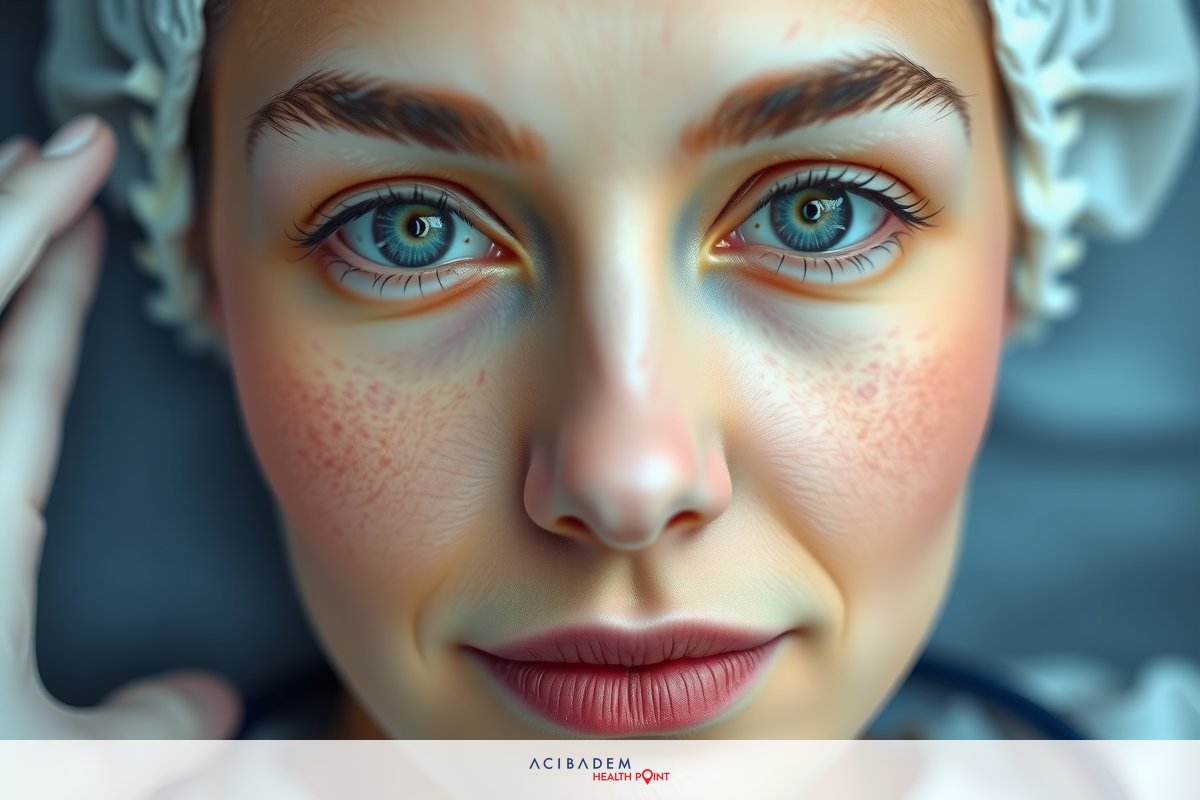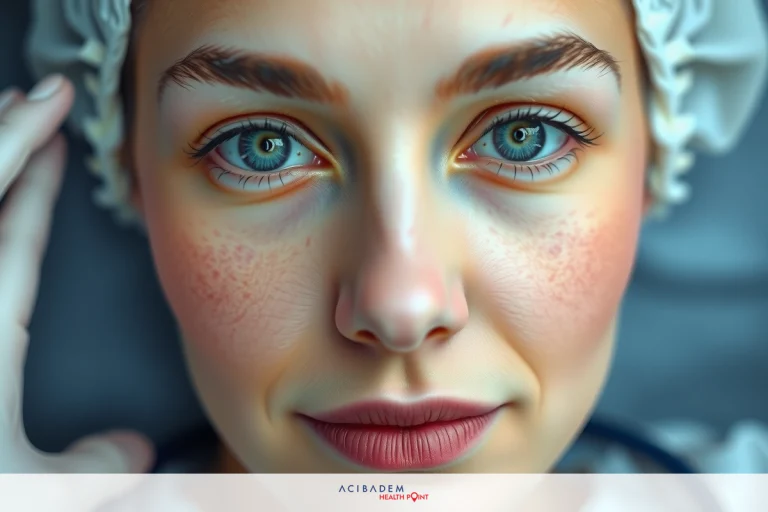Why Do Eyes Bruise After Nose Surgery?
Why Do Eyes Bruise After Nose Surgery? Eye bruising is a common, yet often surprising, side effect of nose surgery. This can occur due to the proximity of the eyes to the surgical site and the delicate nature of facial tissues. Understandably, this can be a cause for concern among patients. However, it’s crucial to note that such bruising is typically temporary and part of the body’s natural healing process.
Various factors contribute to this occurrence, including the type and extent of the procedure, individual healing responses, and post-operative care. By comprehending why this happens, patients can better prepare for their recovery and effectively manage any associated discomfort or anxiety. This article aims to provide insight into these aspects and guide those dealing with eye bruising after nose surgery.
Causes of Eye Bruising After Nose Surgery
The occurrence of eye bruising after nose surgery, or rhinoplasty, can be attributed to multiple factors. The first is the very nature of the surgical procedure. During rhinoplasty, surgeons need to manipulate bones and tissues in the nose area. This process can cause minor trauma to surrounding tissues, leading to bruising. It’s important to note that the face has an intricate network of blood vessels, and any trauma can lead to leakage of blood into surrounding tissues, which presents as a bruise.
Secondly, the anatomical proximity of the eyes and nose plays a significant role in the manifestation of eye bruising post-surgery. The skin around the eyes is thin and sensitive, making it more prone to showing signs of bruising. Furthermore, due to gravity and facial anatomy, fluid from the swollen surgical site often accumulates in the lower eyelids, causing discoloration.
Finally, individual physiological factors also contribute to eye bruising after nose surgery. Some people have a higher tendency for bruising due to genetic predisposition or certain health conditions. For instance, individuals with high blood pressure or those on certain medications may experience increased bruising. However, it’s worth noting that while it might be unsightly and slightly uncomfortable, eye bruising after nose surgery is usually harmless and clears up within two weeks as part of the normal healing process.

Managing and Reducing Eye Bruising
Managing and reducing eye bruising after nose surgery centers on effective post-operative care. The first 48 hours following surgery are often the most crucial for managing bruising. One of the most effective measures is the application of cold compresses to the area around the eyes. This can help reduce swelling and constrict blood vessels, thereby minimizing the extent of bruising. It’s recommended to apply these compresses intermittently – 20 minutes on, then 20 minutes off – during your wakeful hours in the first two days post surgery.
Proper rest and positioning also play a vital role in managing eye bruising. Elevating the head, especially when sleeping, can help decrease swelling and bruising by reducing blood flow to the area. Using extra pillows or a recliner can help maintain this elevated position. Additionally, it’s important to avoid strenuous activities that may increase blood pressure, as this can exacerbate bruising and prolong recovery time.
Nutritional factors should not be overlooked in the management of post-operative eye bruising. Certain foods and supplements have been identified to aid healing and minimize bruising. Bromelain, found in pineapples, has anti-inflammatory properties that can help reduce swelling and bruising. Similarly, foods rich in vitamin
C can aid in healing by promoting collagen production. It’s also recommended to avoid substances that can thin the blood such as alcohol and certain over-the-counter medications like aspirin, as they can increase the risk of bleeding and bruising. However, it’s always best to consult with your surgeon or healthcare provider regarding any dietary changes or supplements during your recovery period.
Frequently Asked Questions
How long does eye bruising typically last after nose surgery?
The duration of eye bruising can vary from person to person. In most cases, the bruising starts to fade within the first week post-surgery and completely resolves within two weeks. However, individual healing responses may differ, and some patients may experience lingering discoloration for a slightly longer period.
Are there any specific measures I can take to speed up the healing process?
While complete resolution of eye bruising requires time, there are steps you can take to help promote healing. Following your surgeon's post-operative instructions is crucial. This includes avoiding activities that can increase blood flow to the face, maintaining proper rest and positioning, and using cold compresses as recommended. Additionally, adhering to a healthy diet rich in nutrients like vitamin C can support the healing process.
Is it normal to have swelling around the eyes after nose surgery?
Yes, swelling around the eyes is a common occurrence after nose surgery. Swelling is a natural response of the body to trauma and surgical manipulation. It typically peaks within 48-72 hours after surgery and gradually subsides over the following weeks. Using cold compresses and keeping your head elevated while resting can help minimize swelling.
Can I wear makeup to conceal eye bruising during my recovery?
It is generally recommended to avoid applying makeup directly on or around the surgical site until your surgeon gives you the go-ahead. The skin around the eyes may be sensitive and prone to irritation during the initial healing phase. It's best to consult with your surgeon regarding when it is safe to start using makeup again.
Should I be concerned if one eye has more bruising than the other?
It is not uncommon for one eye to have more pronounced bruising than the other. This can be due to variations in blood flow, individual healing responses, or differences in the surgical technique used on each side. As long as there are no other concerning symptoms like severe pain or vision changes, slight asymmetry in bruising is usually not a cause for concern. However, if you have any worries or doubts, it's always best to reach out to your surgeon for further evaluation and guidance.











